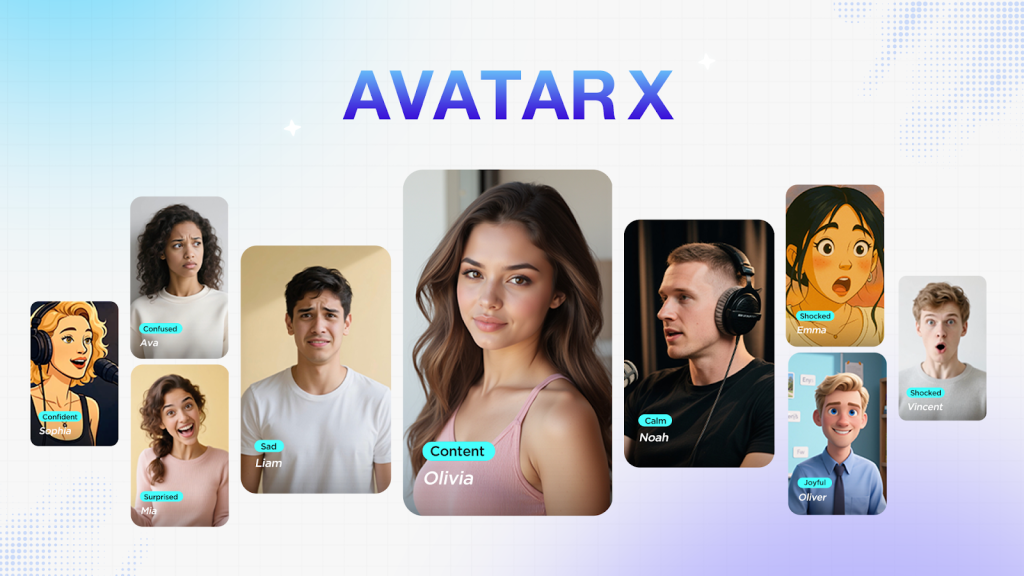As artificial intelligence (AI) becomes a larger part of the online ecosystem, AI agents are quietly transforming the space. These systems may change the internet from a space actively navigated to one that navigates on behalf of the user, redefining the digital age. What some might call the “post-click” world is a plausible reality as AI agents continue adapting and improving.
AI Agents as Intermediaries
Finding anything online used to start with a quick Google search, but users are increasingly turning to AI models to do the work for them. A user can prompt an AI to search the internet, summarize a topic, filter out irrelevant information, and decide what to share. As Siri-like tools grow into advanced AI agents, the way brands approach digital spaces must change.
As users delegate their search tasks to AI agents, a shift from a simple search interface to an advanced interpretive approach is apparent. As such, brands face the reality that they have to ask not what the user wants, but what an AI agent will prioritize for the user. For this reason, some brands have begun to move away from designing experiences for the user, but rather for algorithms to share with them.
Is Visibility Shifting Away From Websites?
When users delegate their search to an AI agent, they are no longer visiting a specially curated website experience—their agent is. AI agents have placed a new level of intermediation between users and brands, such that the user isn’t interacting as closely with the brand, if at all. If a brand’s website is only ever visited by AI agents, the website experience goes to waste.
As such, the rise of the AI agent demands a restructuring of digital measurement architecture. Rather than considering web traffic and click-throughs, brands track answer inclusion, summarization accuracy, and semantic relevance. Of course, the AI agents themselves are tracking these changes and shifting away from analysing page views in favor of influence paths.
From SEO to GEO

From social media platforms to the real estate industry, search engine optimization (SEO) has been a driving force behind how brands get noticed online. However, as AI agents become more prominent and these businesses adopt AI models, the internet may be moving away from this mainstay of digital brand optimization. Instead, many thought leaders have focused on generative experience optimization (GEO).
Where SEO techniques help brands rise through the rankings on a search engine, GEO techniques optimize for attracting AI agents. This aims to ensure that AI agents mention their brand more frequently during conversation, synthesizing their online presence to be well-suited for AI relevance.
New Voices in an Agent-Led Internet
Shifts in online presence have raised the question of just how influential AI agent-led techniques will be. Current AI models are trained on what is most available on the internet, meaning that the loudest, most linked, and most summarized voices will likely have the most significant impact on AI agents—and therefore, their users. Unless new quality methods are developed, attention will remain squarely on whoever appears the most frequently in an AI model’s database.
What Does an AI-Led Internet Look Like?
As more users focus on searching through AI agents, digital content will likely shift away from curated design to extractability. Appealing layouts and an enjoyable user experience might no longer be a brand’s priority, but it might focus on structure and clarity. The internet isn’t going to be designed with only humans in mind any longer, but also the AI agents that facilitate the spread of information.





















